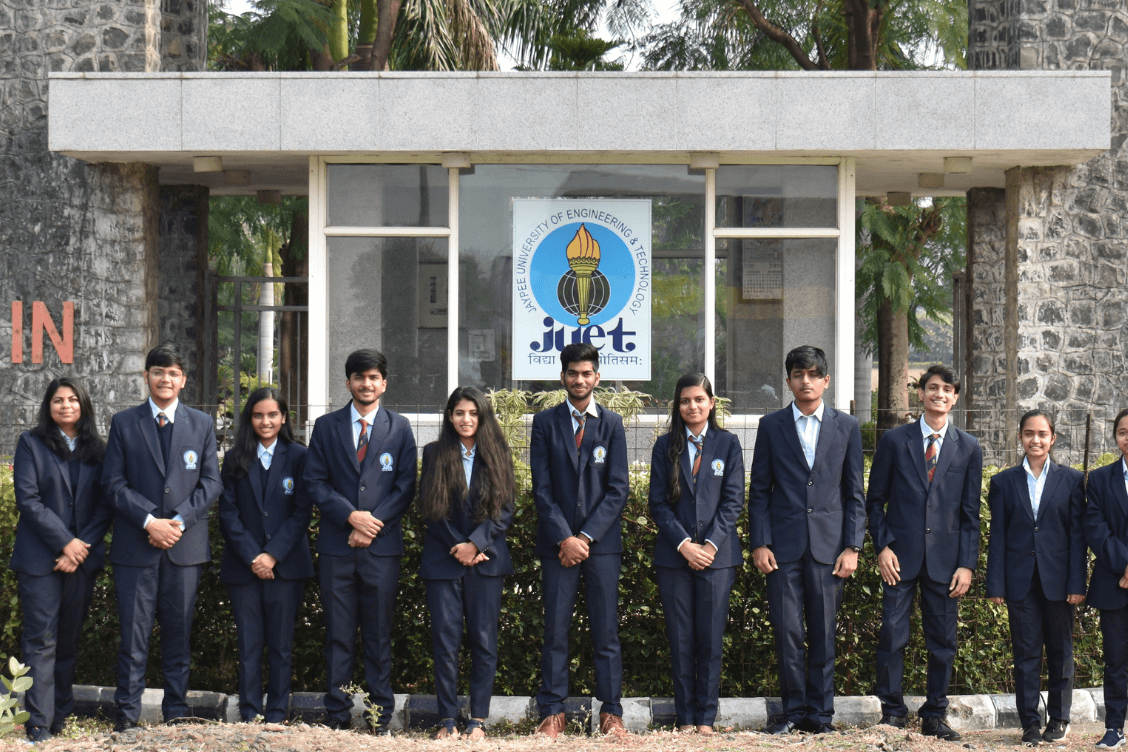
Achieve career success with top placements in leading global companies and industries.
Highest package offered
Companies visited for recruitment since Inception
Package offered by
50+ Companies
Package offered by
85+ Companies
Students Placed
Placement offers
+91-7544-267051 , 267310, 267311, 267312
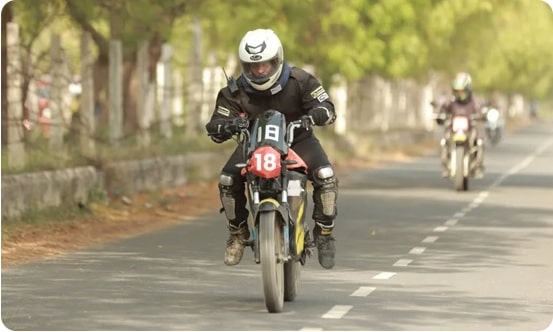
SIEP.E. Bike Challenge 2024 for B.Tech. all Branches (2024 Graduating Batch)
Read More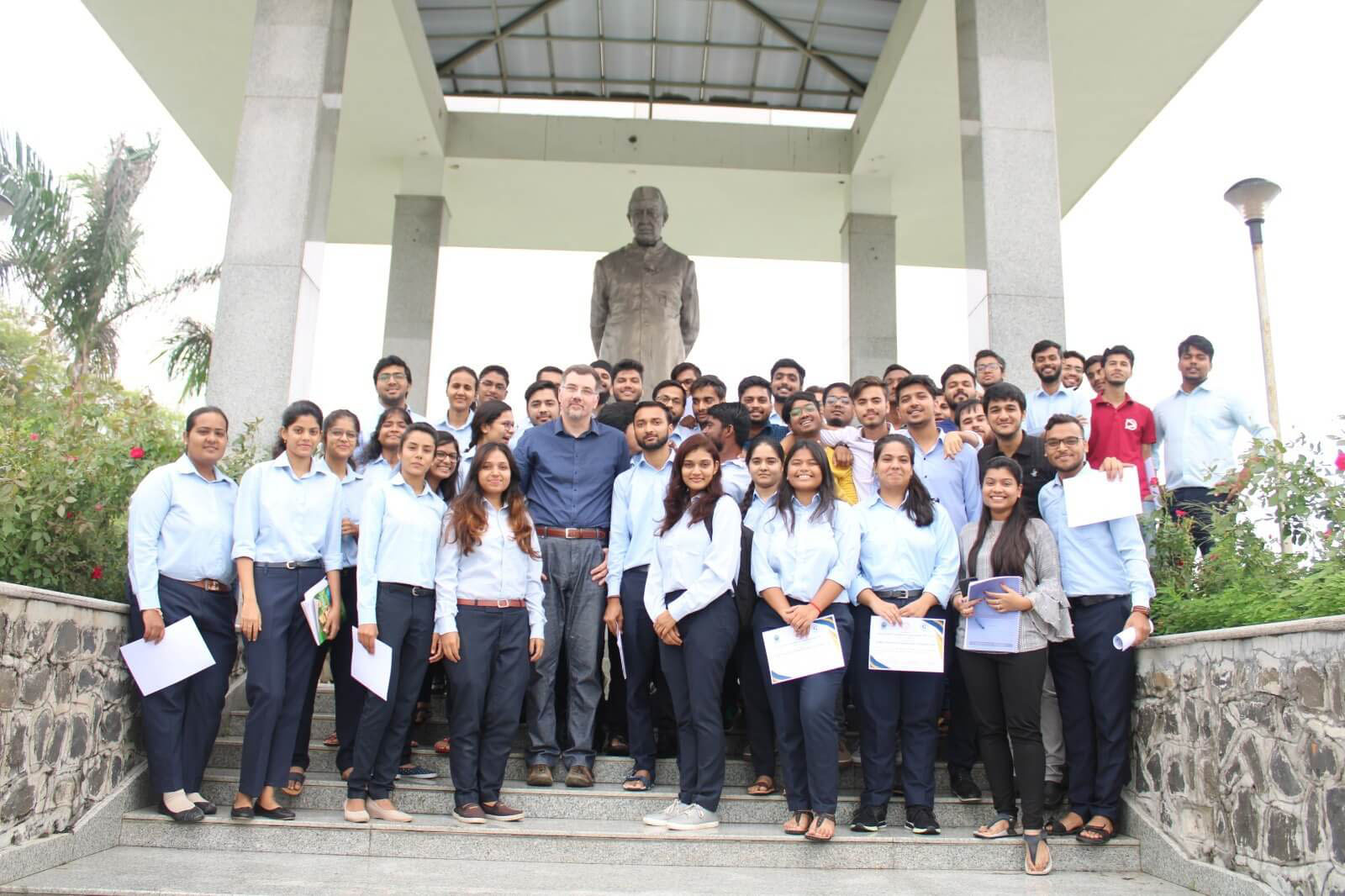
Eminent Personalities@JUET
Read More
Group Personal Accident Policy for Students
Read More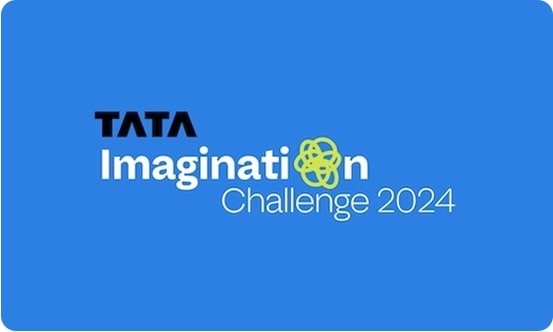
The Tata Imagination Challenge 2023
Read More
SIEP.E. Bike Challenge 2024 for B.Tech. all Branches (2024 Graduating Batch)
Read More
Eminent Personalities@JUET
Read More
Group Personal Accident Policy for Students
Read More
The Tata Imagination Challenge 2023
Read More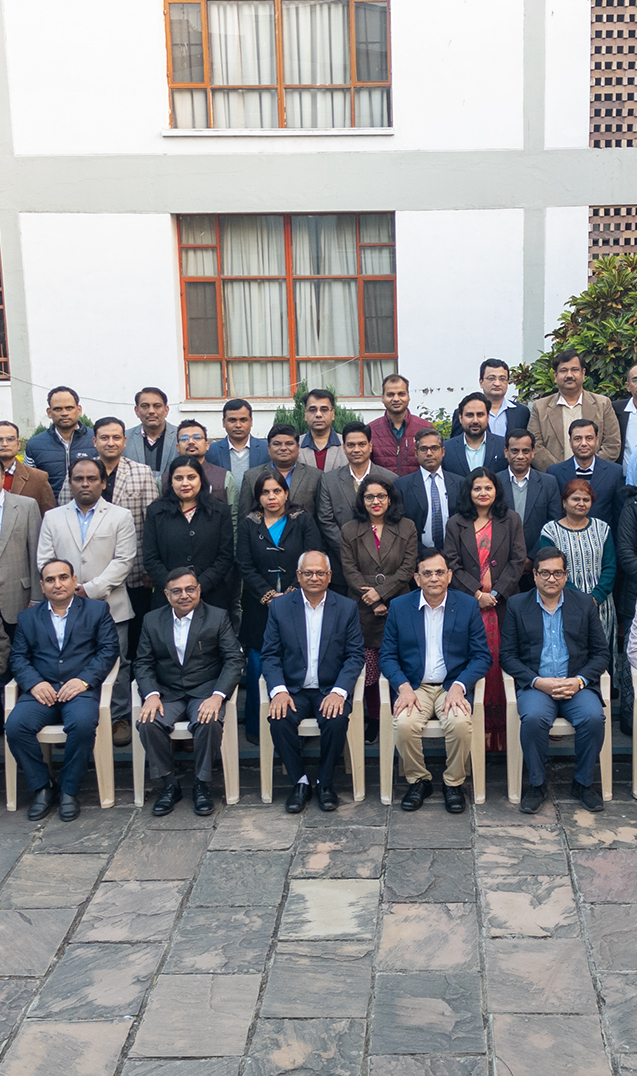
Be part of a vibrant, inclusive community that fosters academic growth, cultural diversity, and enduring professional connections.
We offer state-of-the-art sports facilities to encourage physical fitness, teamwork, and overall well-being among students.
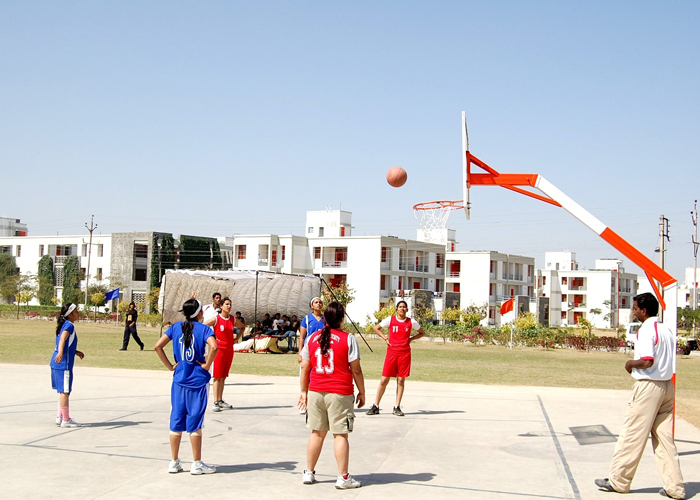
Life here is a perfect mix of learning, exploration, and togetherness. Students thrive in an environment that nurtures creativity, innovation, and leadership, with numerous opportunities to grow, connect, and succeed.
View MoreExperience a modern campus equipped with cutting-edge technology, comfortable hostels, and dynamic spaces for academics, sports, and recreation.
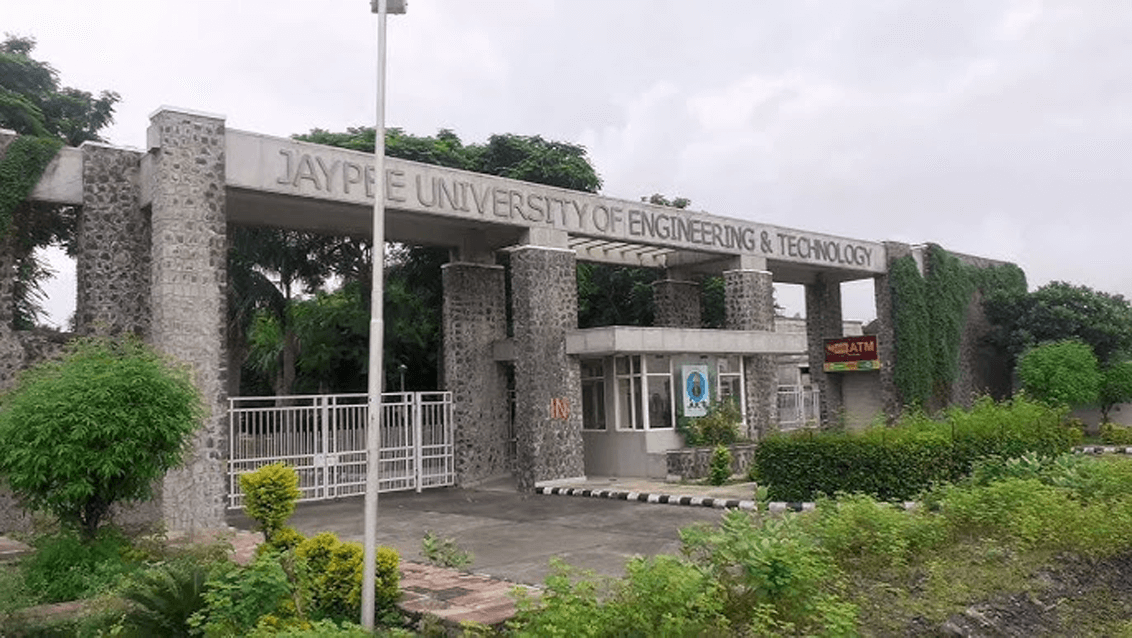

We are committed to sustainable living with eco-friendly initiatives, waste management systems, and energy-efficient practices throughout the campus.
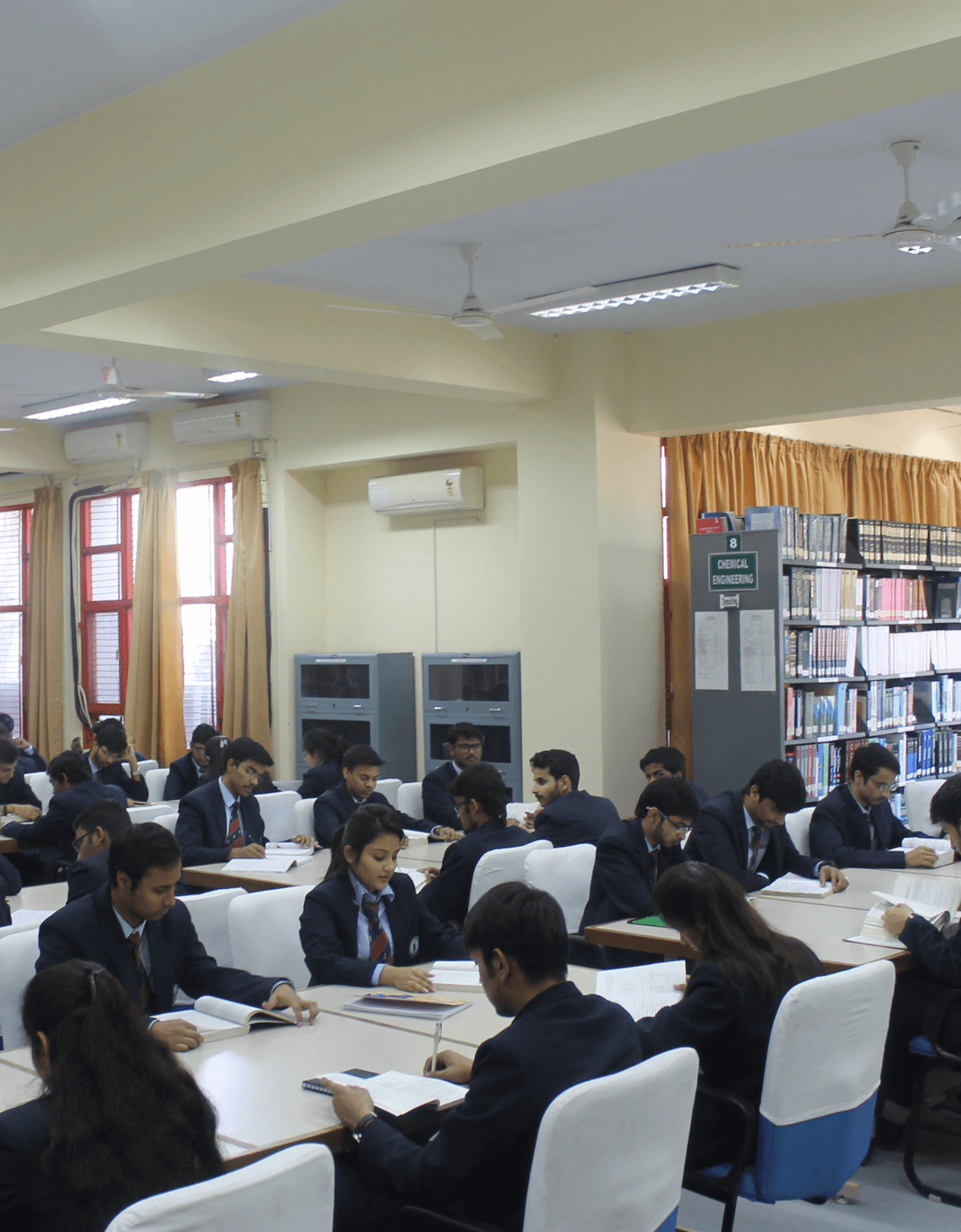
Our well-stocked, modern library offers a wide range of resources, including textbooks, journals, and digital media, to support students' academic pursuits.
Life here is a perfect mix of learning, exploration, and togetherness. Students thrive in an environment that nurtures creativity, innovation, and leadership, with numerous opportunities to grow, connect, and succeed.
View MoreJUET, Guna offers a unique blend of academic excellence and industry relevance. With top-tier faculty and cutting-edge infrastructure, we provide students with the resources and opportunities they need to succeed in a competitive world.
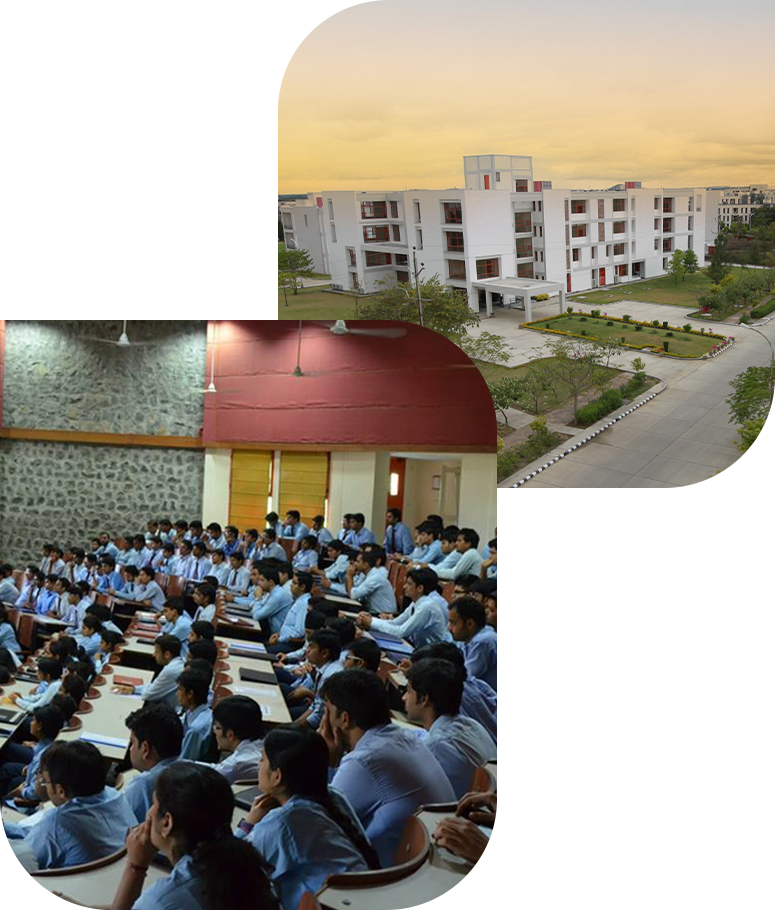
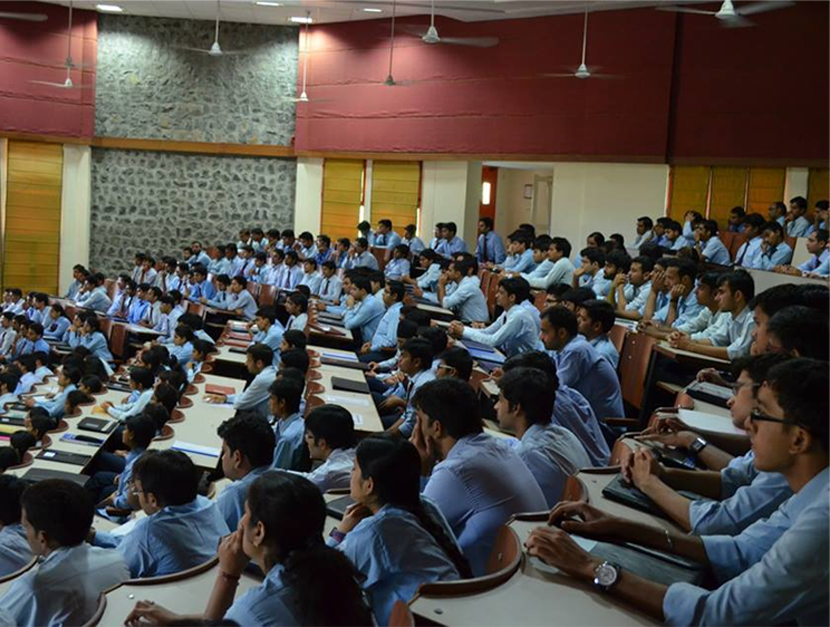
of excellence in the industry
JUET, Guna offers a unique blend of academic excellence and industry relevance. With top-tier faculty and cutting-edge infrastructure, we provide students with the resources and opportunities they need to succeed in a competitive world.
Industry-aligned programs with a focus on innovation, research, and practical learning.
Advanced labs, modern classrooms, and a tech-driven campus for an immersive learning experience.
Strong industry connections ensuring top placements with leading global companies with high packages
The university partners globally to advance research, innovation, and industry-driven learning.
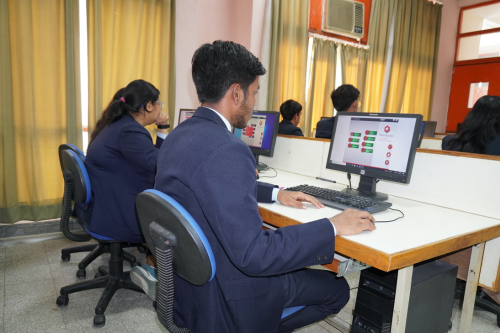
Our modern computer labs offer hands-on learning with advanced systems, enhancing students’ skills in coding, research, and innovation.
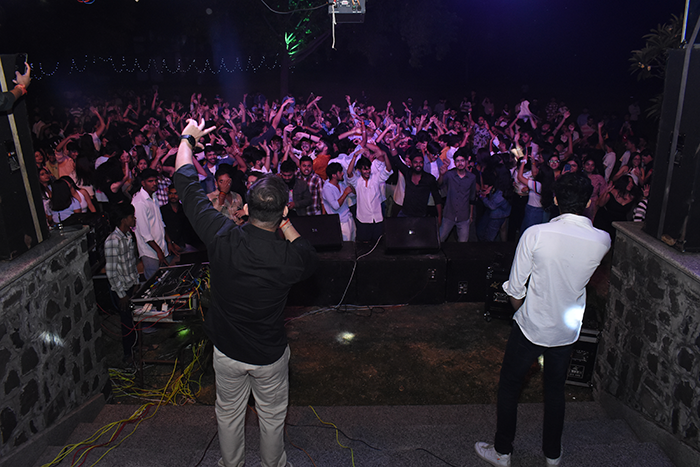
University Concerts: Unwind and enjoy vibrant performances at our University Concerts, where students come together to celebrate music and creativity.
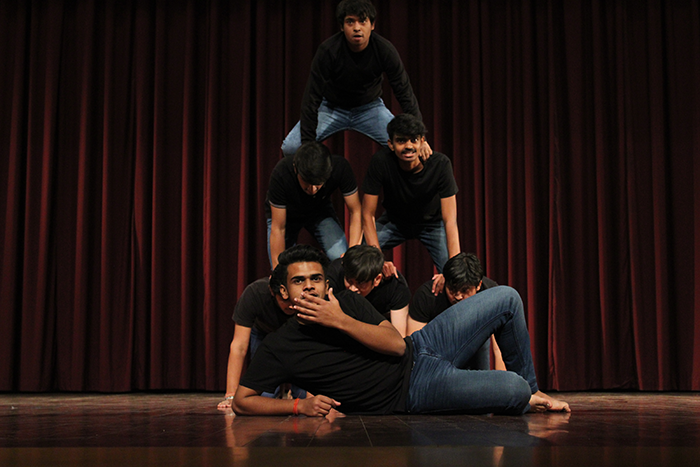
Theatrical Performances: Experience the magic of the stage with captivating drama performances that showcase the passion and talent of our students.
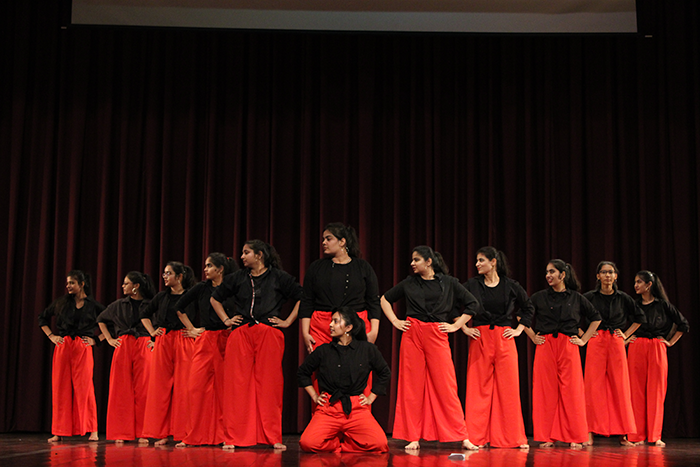
Dance Talent: Students at JUET shine as they take the stage with impressive dance performances, highlighting the best of their talent.
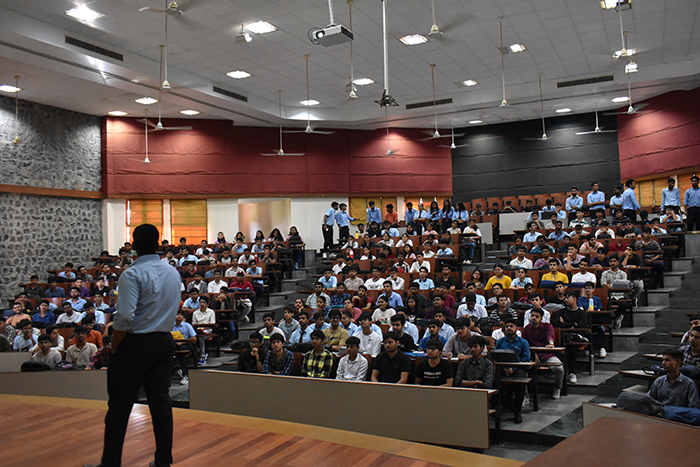
Packed Audiences: Feel the energy and excitement as our auditorium fills with students participating in events that bring the entire campus together.
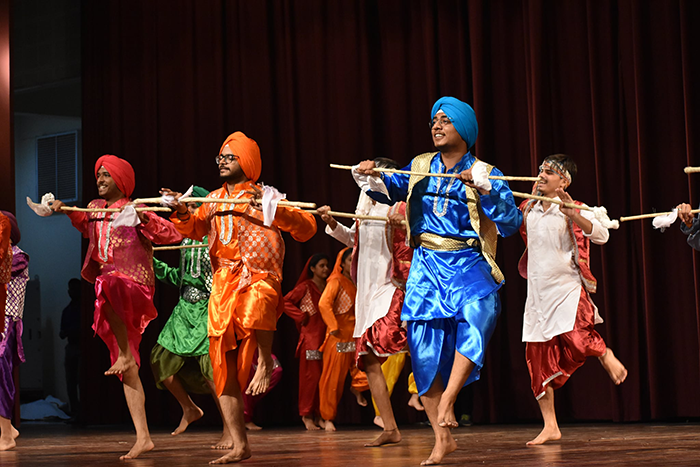
Bhangra Beats: Join the rhythm and energy of our students as they celebrate culture with lively Bhangra dance performances.
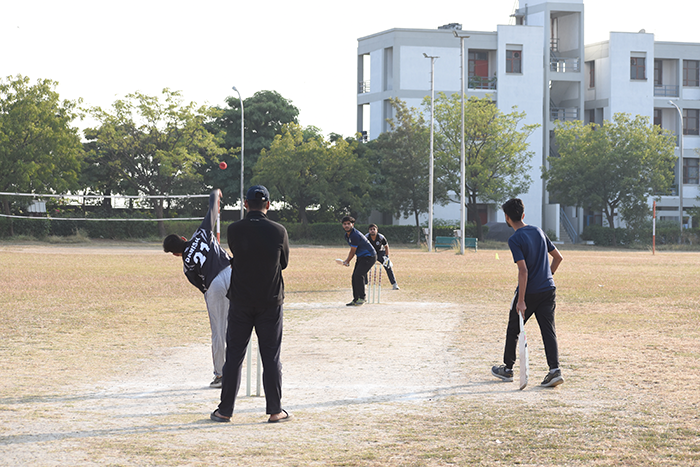
Sports Excellence: Participate or cheer on our athletes in thrilling sports and track and field events that push the limits of physical performance.
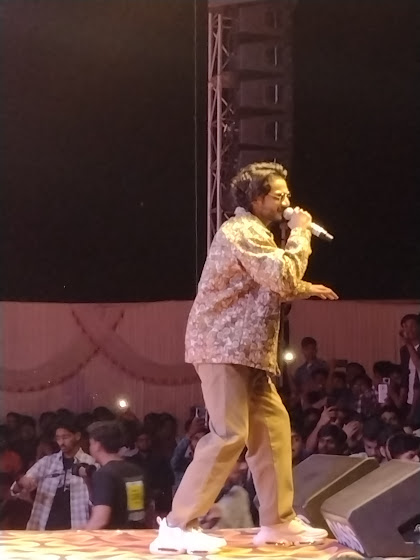
Stand-Up Comedy & Open Mic: Enjoy moments of laughter and creativity at our open mic and stand-up comedy events, where students share their humor and talents.
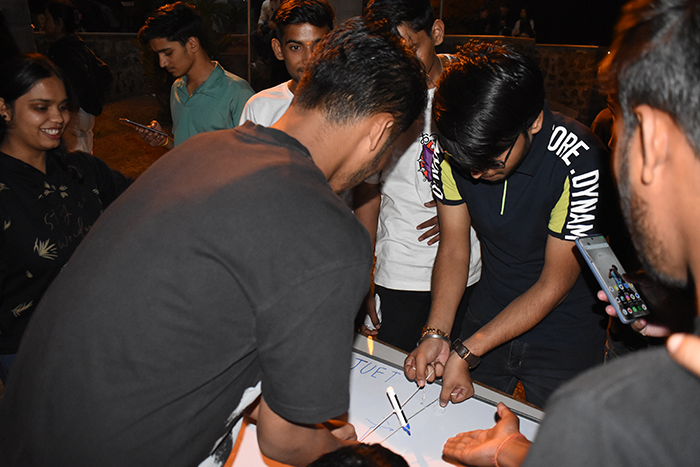
Event Participation: Get involved and register for a variety of exciting events that offer opportunities to showcase skills, compete, and make lasting memories.